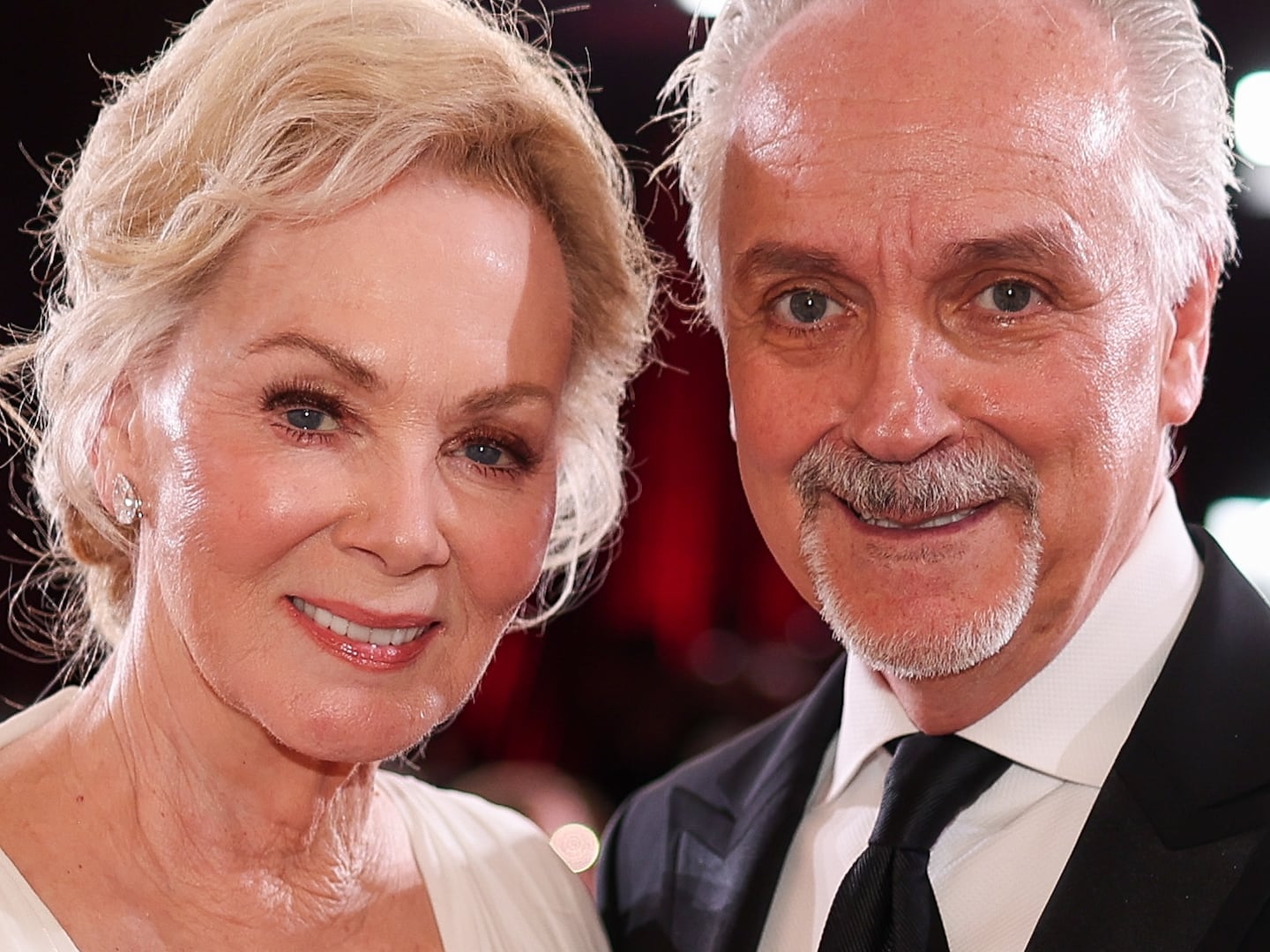(Warning: Spoilers ahead.)
The scariest part of Alien: Romulus has nothing to do with xenomorphs. Instead, it’s a ghoulish callback that would make the series’ craven corporate tech entity, Weyland-Yutani, proud: The re-animation of Ian Holm, one of Alien’s late, great stars.
The British actor, who passed away in 2020, memorably portrayed the franchise’s first-ever android character, Ash, in Ridley Scott’s original Alien film. In 1979, the late-stage reveal that Ash is secretly a robot dedicated to delivering the eponymous xenomorph to Weyland-Yutani no matter the human cost was a shock to the system. Holm’s resurrection in Romulus feels less like an extension of Scott’s capitalist critique, and more like a darkly ironic distillation of how “the company’s” worst impulses are already wreaking havoc on today’s franchise-ridden multiplexes.
But wait, you might be thinking, wasn’t Ash deactivated in Alien? How does his being in Romulus even make sense? Well, the latest entry takes place 20 years after the original, during a time when Weyland-Yutani are still fixated on studying the OG xenomorph in hopes of finding new ways to spread their crass profiteering across the stars. The results of that ill-fated research lie aboard the ghost space station where young Rain (Cailee Spaeney) and her synthetic surrogate brother Andy (David Jonsson) help their friends ransack in hopes of escaping their bleak mining colony.

Cailee Spaeny
20th Century StudiosNaturally, s–t hits the fan. The only being who can tell the gang what went wrong turns out to be a severed android torso named Rook, who served as the ship’s science officer. And—wouldn’t you know it—he’s identical to Ash.
To be clear, this isn’t the first time an android model has appeared in multiple Alien installments. Lance Henriksen played the synthetic Bishop in both Aliens and Alien 3, also portraying his human creator in the latter. Then there’s Michael Fassbender’s David, the central thread connecting Ridley Scott’s two prequels. His…charged encounters with his identical android counterpart, Walter (also Fassbender) in 2017’s Alien: Covenant manage to stand out in a franchise riddled with psychosexual horrors.
Romulus director Fede Álvarez told Entertainment Weekly that he and Scott, one of the film’s producers, decided to model Rook after Holm’s character after the two realized that he was the only android who hadn’t recurred.
“Historically, there’s just a limited amount of synthetics, and that’s why some come back a few times,” Álvarez said. “So we were talking, and Ridley and I felt like the one that has never been back was the best one of them all, the original model played by Ian Holm.”
The filmmaker also clarified that he received permission from the late actor’s estate and pulled off the effect through a combination of using animatronics modeled after Holm and hiring actor Daniel Betts delivering Rook’s lines. He told The Los Angeles Times that generative AI and computer modeling was used to make Betts’ voice sound more like Holm.
It’s all well and good to know that Álvarez and 20th Century Studios had the baseline decency to use Holm’s likeness with his loved ones’ consent, without resorting to even more garish AI deepfake techniques. That doesn’t change how disturbingly lazy the whole thing feels.
Rook’s vaguely melted-looking uncanny valley appearance is distracting enough to take viewers out of Romulus’ grimy futurescape entirely—which is ironic given how much the film’s press tour has touted its back-to-basics embrace of practical effects. The technique is reminiscent of how Rogue One: A Star Wars Story revived the late Peter Cushing as Grand Moff Tarkin, without the physical performance that helped ground that character.
It doesn’t help that Rook’s ill-conceived cameo isn’t fleeting. He has a significantly larger presence in Romulus than many members of its young ragtag ensemble, who the film’s murky sound mix occasionally renders indistinct from one another. That the latest Alien installment would rather exhume the dead than spend more time fleshing out its new leads isn’t just a symptom of the unimaginative, nostalgia-driven reboots currently clogging Hollywood—it feels like something that Weyland-Yutani would do. Even if the Romulus crew didn’t entirely rely on AI to make Rook, the fact that so many critics assumed the creation was a deep-fake barely a year after the SAG-AFTRA strike took on the unregulated creation of digital replicas makes the entire decision feel shockingly tactless.
No matter what unique flourishes the Alien franchise’s many auteurs have brought to each movie, one thing remains the same: a preoccupation with the hubris of the wealthy brashly pursuing technological advancements at the cost of ordinary human life. Romulus purports to do so, once again placing blue-collar workers’ fight for survival at the forefront. Yet by reintroducing Holm’s likeness, it can no longer get by on back-to-basics slasher scares and callbacks to iconic moments from more robust Alien films.

Xenomorph and Cailee Spaeny
20th Century StudiosWhile Rook’s inclusion would’ve felt jarring no matter what, Romulus lacks the substance to convincingly spin the android model’s reappearance into a meta-commentary on the ghoulishness of proliferating corporate continuity at all costs. To make matters more frustrating, there was no real reason why Rook had to be a messy exercise in CGI necromancy. If Álvarez and company were reluctant to bring back a franchise alum like Fassbender, they could’ve cast a similar-looking actor and applied prosthetics a la Loomis in Halloween Kills, or given a new actor a chance to embody the character.
Alternatively, why not cast Jonsson in a dual role? The bulk of Andy’s arc centers on the dueling directives he’s been programmed to carry out: function as an extension of Weyland-Yutani’s corporate interests, as Rook encourages him to do, or look out for his sister. Jonsson playing Rook would further reinforce the movie’s interest in the ties between siblings, which extend to the fact that the station’s two parts are named for the Roman myth of twin brothers Romulus and Remus.
Instead, the question of whether there’s ever any ethical way for studios to bring back late actors has cast an eerie shadow over Romulus’ release that rivals any xenomorph.









